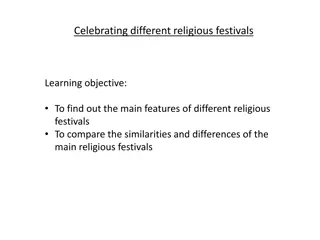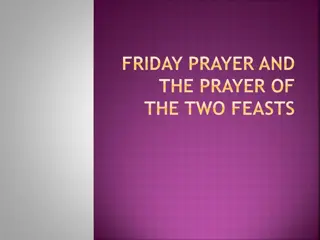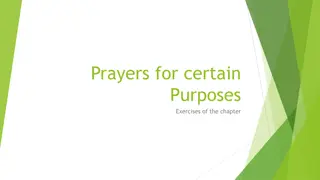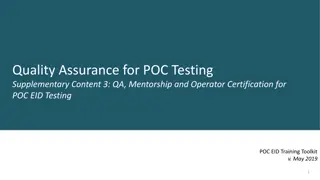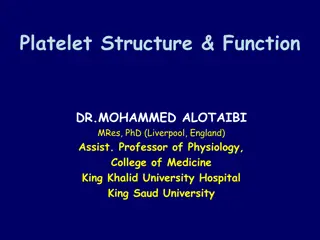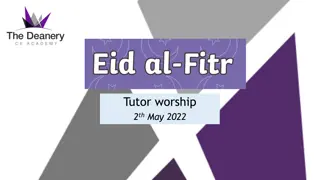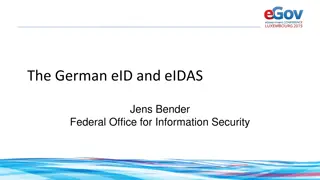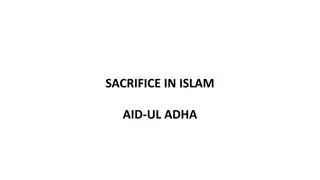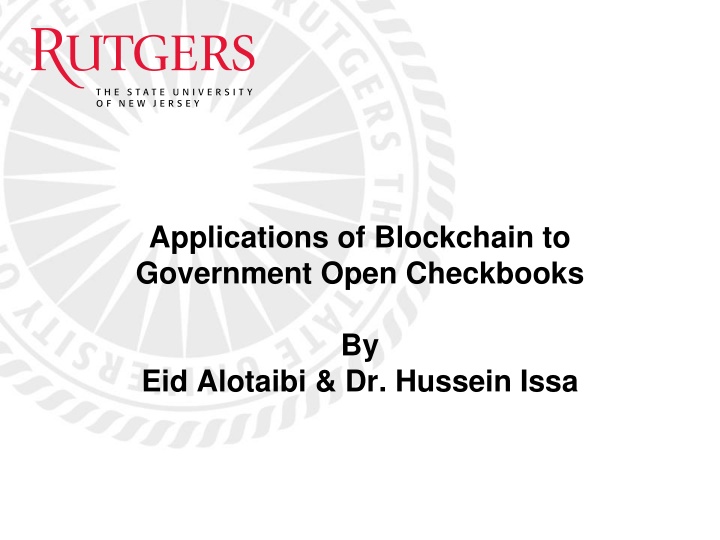
Government Open Checkbooks: Utilizing Blockchain for Transparency
Explore the application of blockchain technology in government financial systems to enhance transparency, real-time auditing, and audit efficiency. Learn how blockchain can revolutionize the way government agencies manage and record financial transactions.
Download Presentation

Please find below an Image/Link to download the presentation.
The content on the website is provided AS IS for your information and personal use only. It may not be sold, licensed, or shared on other websites without obtaining consent from the author. If you encounter any issues during the download, it is possible that the publisher has removed the file from their server.
You are allowed to download the files provided on this website for personal or commercial use, subject to the condition that they are used lawfully. All files are the property of their respective owners.
The content on the website is provided AS IS for your information and personal use only. It may not be sold, licensed, or shared on other websites without obtaining consent from the author.
E N D
Presentation Transcript
Applications of Blockchain to Government Open Checkbooks By Eid Alotaibi & Dr. Hussein Issa
Introduction Government agencies have significantly developed High complexities in the financial transactions As well as systems relating to transactions This paper discusses how applications of blockchain with its smart-contract software to government open checkbooks can Provide stakeholders with a higher level of transparency Enable real-time auditing through the standardization of data formats Provide stakeholders with real-time audit evidences' access Rutgers Business School Newark and New Brunswick
Contribution Proposed Framework can Organize financial and nonfinancial data Format and standardize complex data Enable auditors to extract audit evidences from one source Applications of smart contracts in a blockchain can record, verify, and trace documents and provide better transparency Improve audit quality by Testing the whole population of transactions Reducing the risk of the recorded transactions details being changed fraudulently or by some error Enhancing audit efficiency Preserving trustworthy digital records Rutgers Business School Newark and New Brunswick
Literature Review (Simoyama et., 2017) proposed blockchain system as a solution for corruption within the environment of Federal Court of Accounts of Brazil (TCU) High complexities in the financial transactions As well as systems relating to transactions A paper by (Lemieux, 2016) contributes an original analysis of the application of Blockchain technology for recordkeeping in the Honduras land registry system. Another study by (Dai & Vasarhelyi, 2017) provided an argument on how blockchain could qualify a real-time, verifiable, and transparent accounting ecosystem. Rutgers Business School Newark and New Brunswick
Current Process Rutgers Business School Newark and New Brunswick
Proposed Framework Rutgers Business School Newark and New Brunswick
Proposed Framework Rutgers Business School Newark and New Brunswick
Conclusion Applications of smart contracts in a blockchain can record, verify, and trace documents and provide better transparency Proposed Framework can Organize financial and nonfinancial data Format and standardize complicated data Enable auditors to extract audit evidences from one source Next steps: Build (or acquire) a payment blockchain Test the ability of this technology to enable real-time auditing Rutgers Business School Newark and New Brunswick
THANK YOU FOR YOUR ATTENTION Rutgers Business School Newark and New Brunswick




